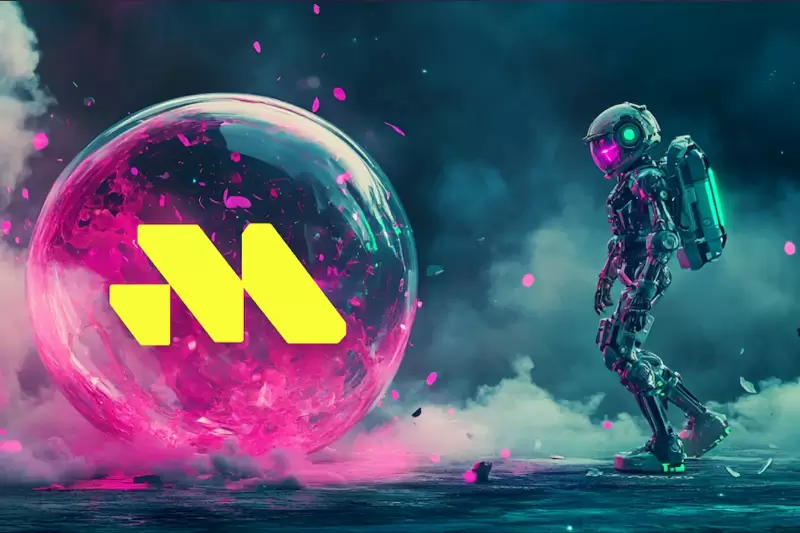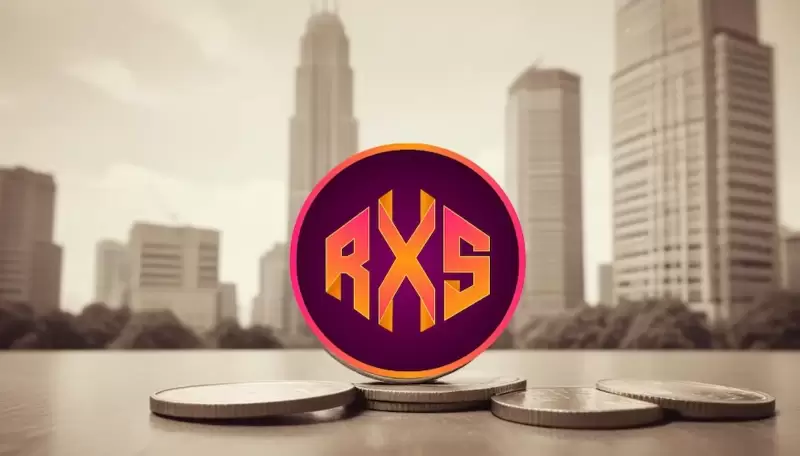 |
|
 |
|
 |
|
 |
|
 |
|
 |
|
 |
|
 |
|
 |
|
 |
|
 |
|
 |
|
 |
|
 |
|
 |
|
In-car payment systems (ICPS) are no longer just a fad; they are becoming a necessity. They allow drivers to seamlessly pay for goods and services through the intelligent systems embedded in their vehicles. The feature is quite handy in cashless or cardless transactions during toll, fuel, charging, parking, drive-thru, maintenance, repair, emergency service, or subscription payments.

In-car payment systems (ICPS) are rapidly gaining traction, offering a seamless and convenient way for drivers to pay for goods and services on the go. These systems are typically integrated with the vehicle's infotainment system, allowing drivers to make payments without having to fumble with cash, cards, or mobile devices.
ICPS can be used for a wide range of transactions, including tolls, fuel, charging, parking, drive-thru orders, maintenance, repairs, emergency services, and subscription payments. The systems are designed to be user-friendly and secure, making them an ideal solution for cashless or cardless transactions.
Several major automakers, including Jaguar, Hyundai, Renault, and Mercedes-Benz, have already begun offering ICPS in their vehicles. The technology is expected to become even more widespread in the coming years, especially with the advances in blockchain technology.
Blockchain is a distributed ledger technology that can be used to create secure, transparent, and efficient payment networks. XRP is one of the leading cryptocurrencies that can be used for this purpose.
Here's how XRP can enhance in-car payment systems:
Near Instant Settlement: Conventional card-based payment systems can sometimes take minutes to process a single transaction. XRP payments, on the other hand, are typically settled in three to five seconds.
This is significantly faster than Bitcoin (BTC) payments, which can take 10 minutes to 1.5 hours to complete, depending on network traffic. Less time wasted waiting for each transaction to finish translates to more productivity on the part of the product or service provider.
Near Zero Fees: Customers typically have to contend with 1.5% to 3.5% processing fees for card payments. These fees can add up quickly, especially for frequent users of ICPS.
In contrast, XRP payments are subject to an average fee of $0.0002, which is adjusted slightly during network congestion. Even at peak network load, the fee remains remarkably cheaper than traditional methods.
Scalability and Reliability: The XRP Ledger (XRPL), the distributed ledger technology powering the token, can handle high network load. It boasts a capacity of up to 1,500 transactions per second (TPS), with an ability to scale based on network optimizations.
Ripple CEO Brad Garlinghouse earlier presented an instance where one ledger in the network peaked at 1,316 transactions with a fee of 0.02351 XRP.
Smart Contract Integration: Smart contracts are key to automating transactions with their self-executing nature. They reduce the time and effort required to complete each transaction.
XRPL does not have native smart contracts yet. However, it is on its way to getting one with its HOOKS amendment proposal.
Bridge with TradFi: XRP's quick settlement and dirt-cheap mechanism make it ideal for borderless transactions. It is the very reason why there's a growing institutional adoption for Ripple Payments.
According to a PYMENTS Intelligence study in 2024, 43.9% of receivers prefer instant payments for better cash flow management. XRP institutional adoption could be boosted with the advancing maturity of the digital assets sector and its growing regulatory acceptance.
High Level of Security: XRPL enforces layer-upon-layer of security measures to ensure that every transaction is immutable, transparent, and traceable. These include trusted UNL (Unique Node List), security audits, secure signing, cryptographic keys, threat models, automated testing, and secure hardware wallets.
The mentioned features heavily mitigate the chances of fraud, chargebacks, double spending, and other hassles associated with traditional payment systems.
Energy Efficiency: Last but not least, XRP does not consume much energy. Unlike Bitcoin's energy-intensive proof-of-work model, the token employs escrow, burn, and democratized community voting dynamics to maintain the stability of its economy.
This aligns with the ESG (environmental, social, and governance) goals of automakers and participating establishments toward sustainability.
Disclaimer:info@kdj.com
The information provided is not trading advice. kdj.com does not assume any responsibility for any investments made based on the information provided in this article. Cryptocurrencies are highly volatile and it is highly recommended that you invest with caution after thorough research!
If you believe that the content used on this website infringes your copyright, please contact us immediately (info@kdj.com) and we will delete it promptly.
-

-

-

-

-

-

-

- Brazil Greenlights the World's First XRP ETF, the DTX Exchange Token Surges More Than 800%
- Feb 23, 2025 at 11:10 pm
- With its upcoming listing poised to capitalize on shifting investor strategies, this $0.18 altcoin emerges as a focal point for traders balancing short-term pressures with long-term potential.
-

- Rexas Finance (RXS) Token Presale: A Revolutionary RWA Tokenization Platform Poised to Lead the Altcoin Season of 2025
- Feb 23, 2025 at 11:00 pm
- As Ethereum shows a super bullish setup, signaling the potential beginning of an altcoin season, Rexas Finance is transforming DeFi through a safe method of real-world asset tokenization
-


























































